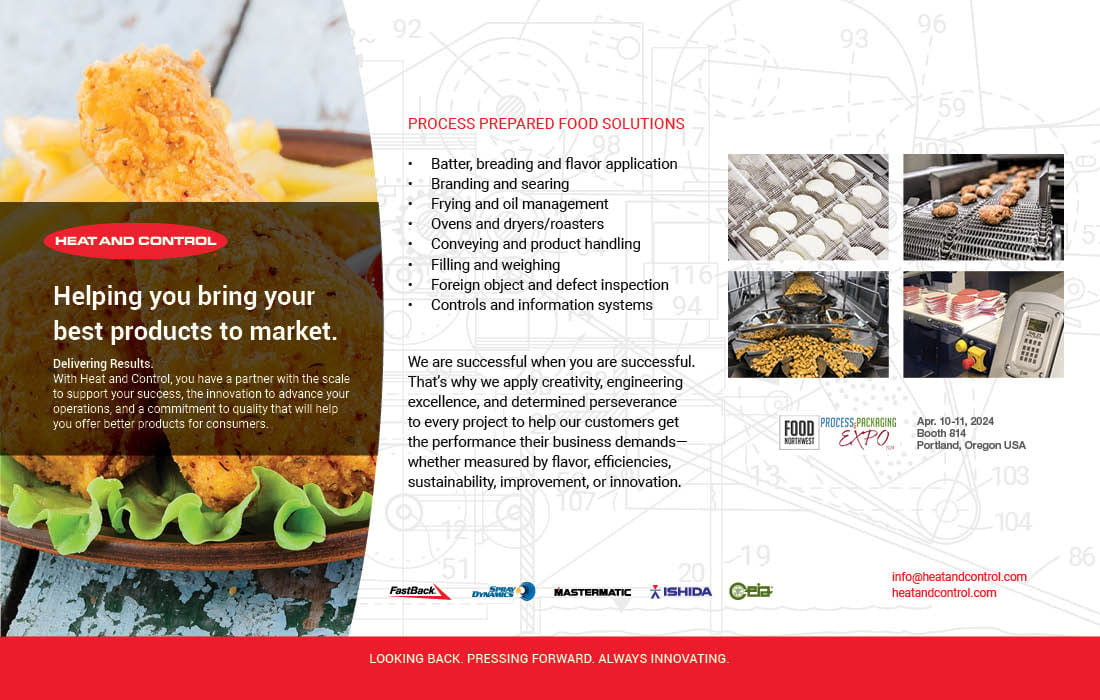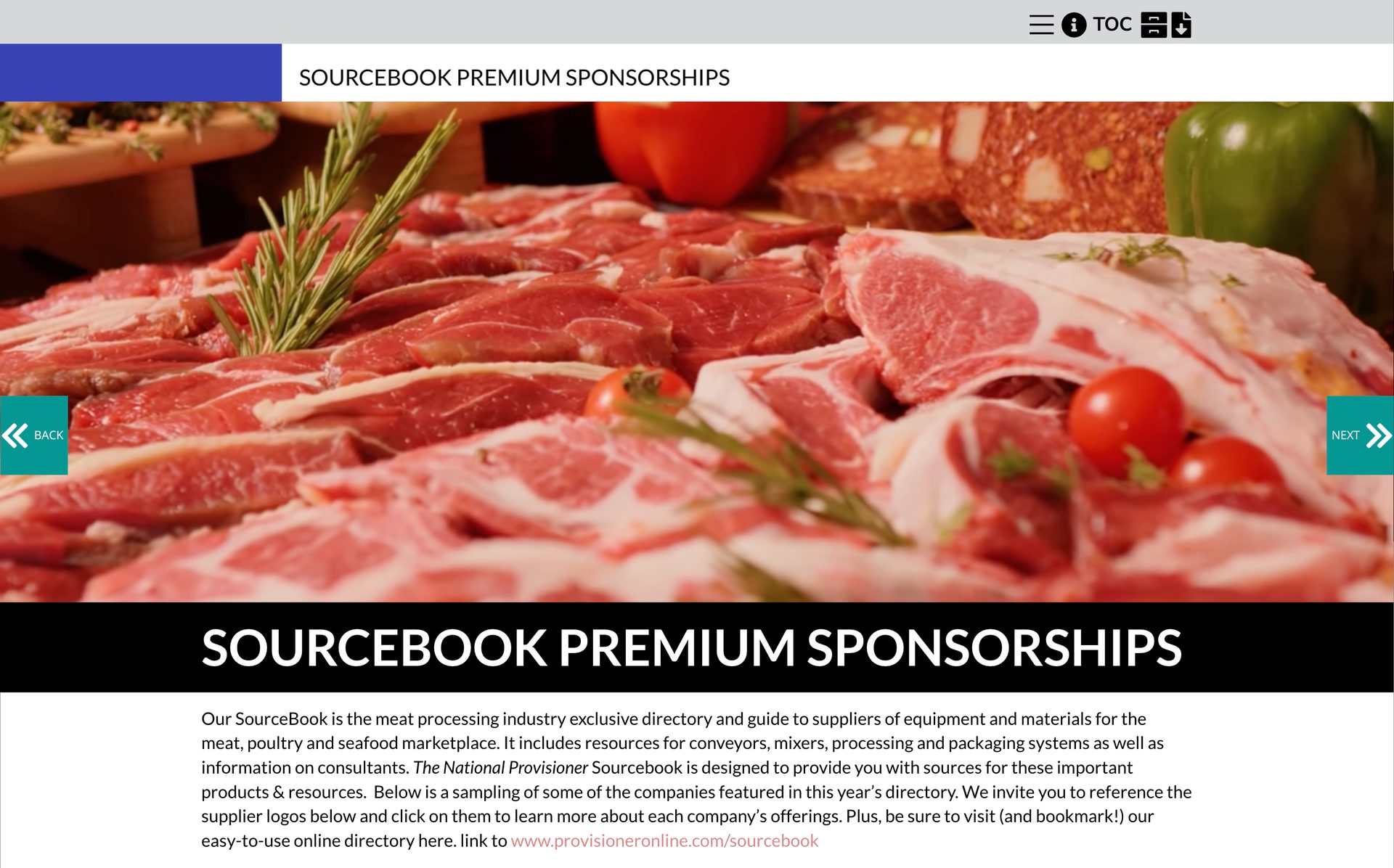Commentary
FIGHT FOR FOOD SAFETY
A single QA failure
could cost you millions
FOOD INDUSTRY COUNSEL LLC
By Shawn K. Stevens
There are an average of more than 600 recalls of food and beverage products each year.
Each year, there are an average of more than 600 recalls of food and beverage products. In the vast majority of those recalls, the companies involved had purchased recall insurance. And, as a result, most, if not all, of their losses were insured. Indeed, most recall insurance policies will provide complete coverage for any accidental contamination (i.e., from harmful pathogens), so when contaminated ready-to-eat products are discovered and then recalled, the insurance policies will typically respond favorably.
But, that’s presuming that there is no underlying excuse for the insurance companies to deny coverage. In the high-stakes world of food safety, the failure of just one Quality Assurance employee to follow company policy can have far-reaching consequences – especially when it comes to insurance coverage for food recalls. Most food companies carry recall insurance to protect themselves financially in the event of a pathogen-related incident. But, what many don’t realize is that the fine print in these policies often requires strict adherence to the company’s own food safety protocols.
Take a common scenario: a company’s environmental monitoring program detects Listeria in a non-food-contact zone. The company’s policy requires a documented root cause investigation and precise corrective actions. But, what happens if a single QA employee fails to appropriately initiate or document that investigation, or the corrective actions which follow?
This kind of deviation could trigger more than regulatory scrutiny — it could potentially trigger a denial of insurance coverage. Most recall insurance policies contain exclusions for “failure to follow known protocols” or “negligent acts” that could have prevented the contamination. In this case, the insurance carrier might argue that the company failed to appropriately mitigate a known risk or adhere to its own policies, thereby invalidating the claim.
Worse yet, if the failure ultimately leads to a widespread contamination issue, the financial exposure for the ensuing product retrieval, destruction, customer reimbursements, public relations costs, and even litigation, could be devastating. Without insurance coverage, the company would be forced to bear the full weight of the fallout.
Thus, companies should make certain that (1) they have recall insurance, and (2) their employees are strictly following company policies when managing food safety issues. One missed step, one ignored policy, or one incomplete investigation, could easily become the company’s Achilles’ heel that adversely impacts not just a potential insurance claim, but a company’s reputation and bottom line.
Ultimately, in food safety, there is no such thing as small mistakes – just expensive ones. Thus, make sure you have the right insurance, the right programs, and the right employees managing your food safety systems.
Opening image credit: GettyImages / Funtap / Getty Images Plus


